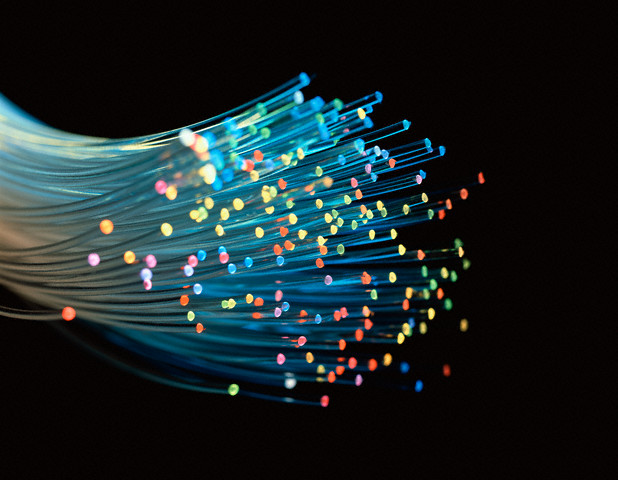Businesses today are more data-hungry than ever. The aggressive digital transformation during the last decade has reshaped the data center landscape all around the world. As the IT requirements continue to become more complex, we need a well-planned advanced strategy to address all its needs.
In response to these growing challenges, the companies are shifting towards adopting a hybrid model to meet their IT goals. This hybrid model is effective, efficient and requires adequate network support to run the system without a glitch. Here comes the role of Fiber Optics technology that offers fast, reliable, and secure connections.

What is a Hybrid IT model, and how does it help?
While adopting a hybrid IT model, the company divides its IT workload between physical servers and cloud computing (private/public/blend of two) resources for better efficacy. They can either build an on-premises data center or may choose to collocate their servers in a colocation center nearby.
Cloud computing is the most advanced form of technology to store your data. However, for a myriad of reasons, companies may not be able to migrate their entire data to the cloud. It can be compliance issues, security, interdependency, or delivery model.
If a company stores sensitive financial data of their clients, they may find it more comfortable to keep them on their physical server. However, they can choose to take advantage of cloud computing solutions for other IT requirements.
It is critical to blend the two types of IT infrastructure in the correct proportion to get the best results. While strategizing a hybrid plan, focus on two aspects: agility and security.
Cloud computing provides you a cutting-edge solution for most of your IT needs. It’s flexible, scalable, and fast. On the other hand, on certain occasions, control over the physical server may deem to be necessary. A hybrid model aims to make the most out of each infrastructure and run your organization seamlessly.
What is Fiber Optics?
Fiber Optics or Fiber internet is a technology that transmits data as pulses of light. It uses strands of fibers made of plastic or glass to transmit the data over a long distance. The diameter of each strand is 125 microns, almost similar to human hair. These strands are bunched together into fiber-optic cables that can transmit data over a long distance faster than any other medium.
These non-metallic cables are effective in avoiding electromagnetic interference and thus work fine under any weather condition. Besides, the data transferred through these cables are more secure than the traditional networking technologies.
Fiber optics technology is the backbone of a hybrid IT environment. It optimizes the performance of cloud architecture as well as physical servers. The data centers that use fiber optics stay up and running even during natural disasters. It provides uninterrupted and secure connectivity to run the system smoothly.
AiNET is a solution provider that offers a diverse range of IT services to cover all your requirements. It provides colocation facility, cloud architecture, and fiber network connections to create a wholesome IT solution infrastructure. Get in touch to know more about our services and let us help you build your hybrid IT infrastructure.
